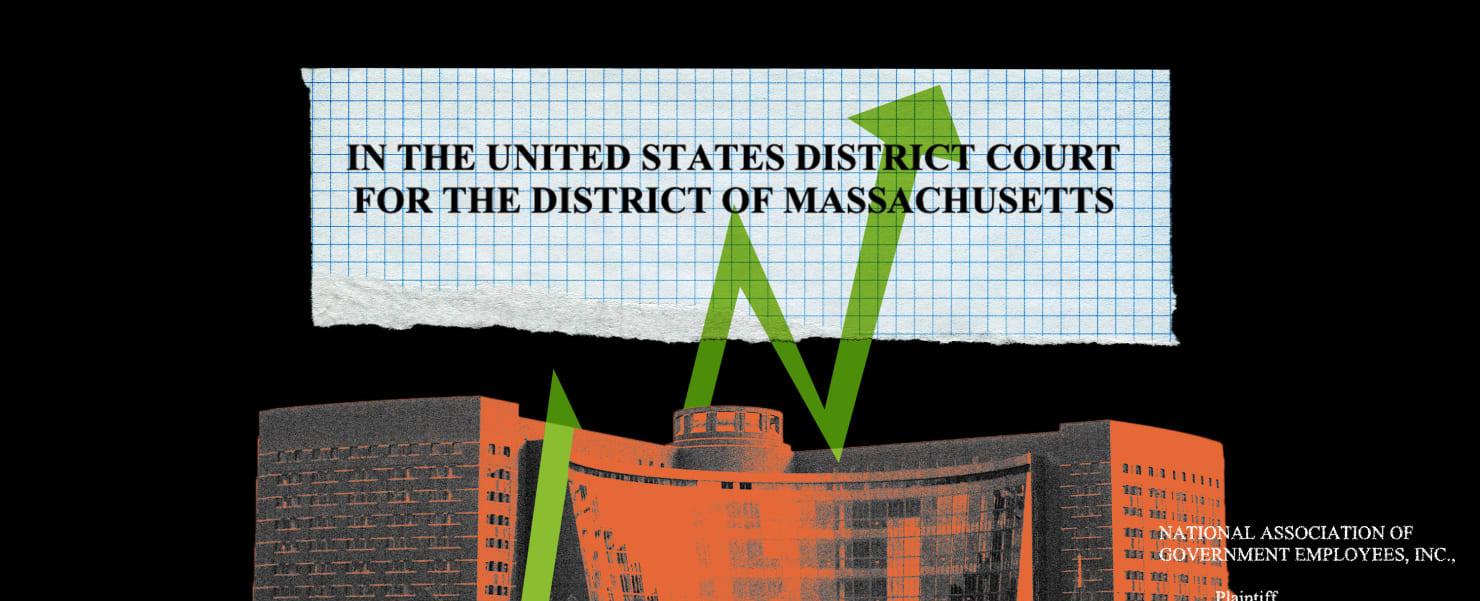How a Boston Lawsuit Could Get Us Out of Debt Ceiling Mess

Boston is sueing to remove political posturing from the US legislative process and prevent the country from grinding to a fiscal halt. The city filed a lawsuit against the US government arguing that the debt ceiling is unconstitutional because it impermissibly interferes with federal spending and taxing legislation. If successful, this lawsuit could pave the way for a new way of managing US debt and financial crises.
The debt ceiling is the legal limit on how much debt the US government can take on, and the government has to ask for permission from Congress to raise it. This often results in political brinkmanship with the opposition party using the debt ceiling as a tool to demand concessions from the party in power. The Boston lawsuit argues that this political posturing harms everyday Americans, harms the economy, and harms Boston by forcing the city to pay higher interest rates on municipal bonds.
The case is expected to be heard in Boston’s federal courthouse in the coming months. Although the outcome is uncertain, if the case is successful in court, it could pave the way for other cities and states to challenge the debt ceiling and force a new way of handling US debt and financial crises.
The debt ceiling has been raised over 100 times since it was first introduced in 1917, but as partisan bickering continues to cripple the country’s ability to address economic issues, the Boston suit represents a first step towards a more reasonable and pragmatic approach to handling financial crises.
Regardless of the eventual outcome, the Boston lawsuit shows a growing frustration among ordinary Americans with the political infighting that has left the country on the brink of financial collapse on multiple occasions. In a world where economic stability is crucial, it’s important to have a sober and thoughtful approach to managing national finances.
Quick Links

